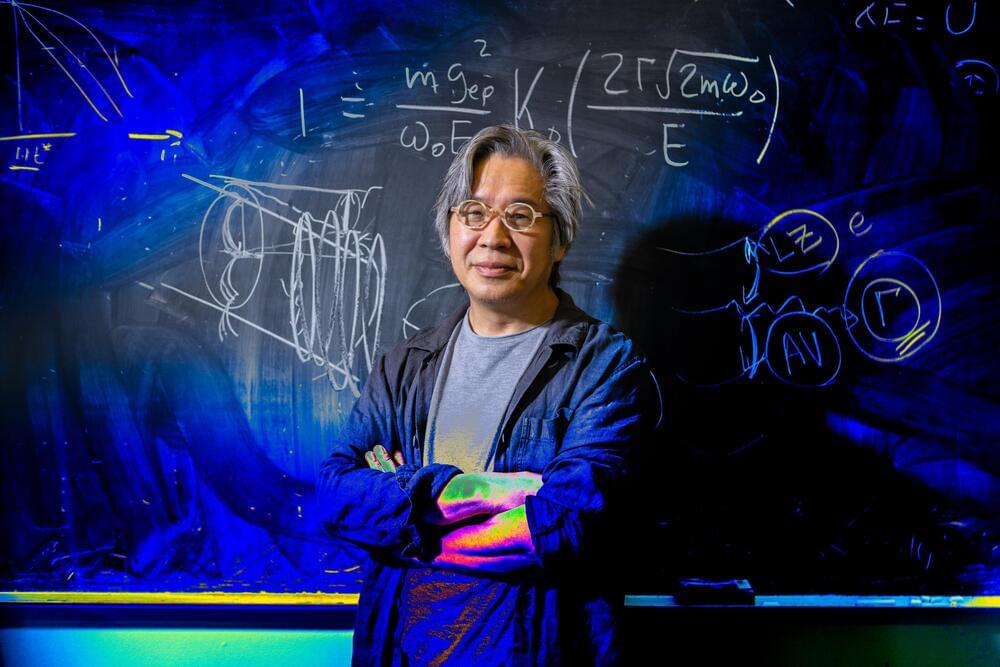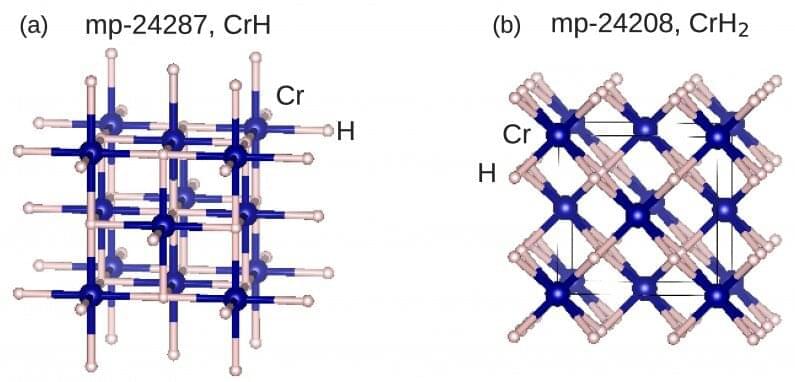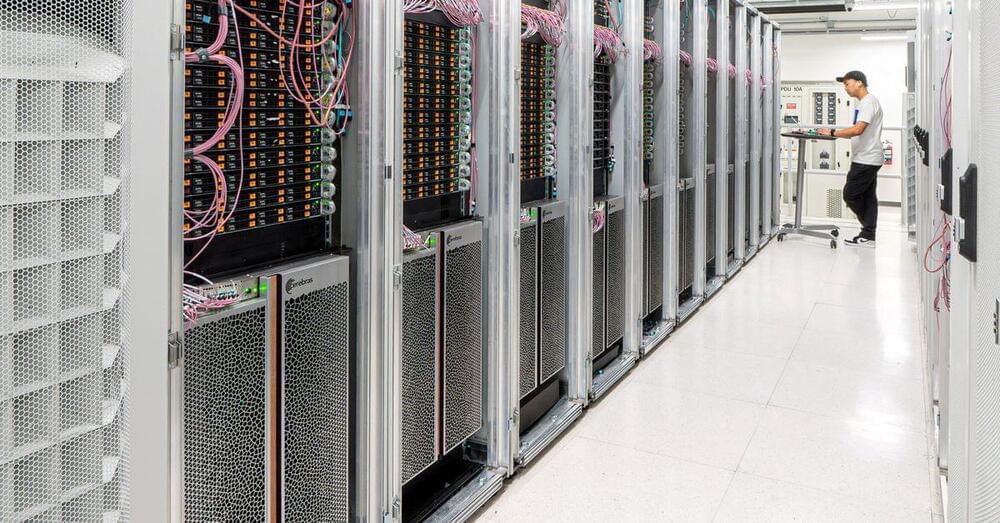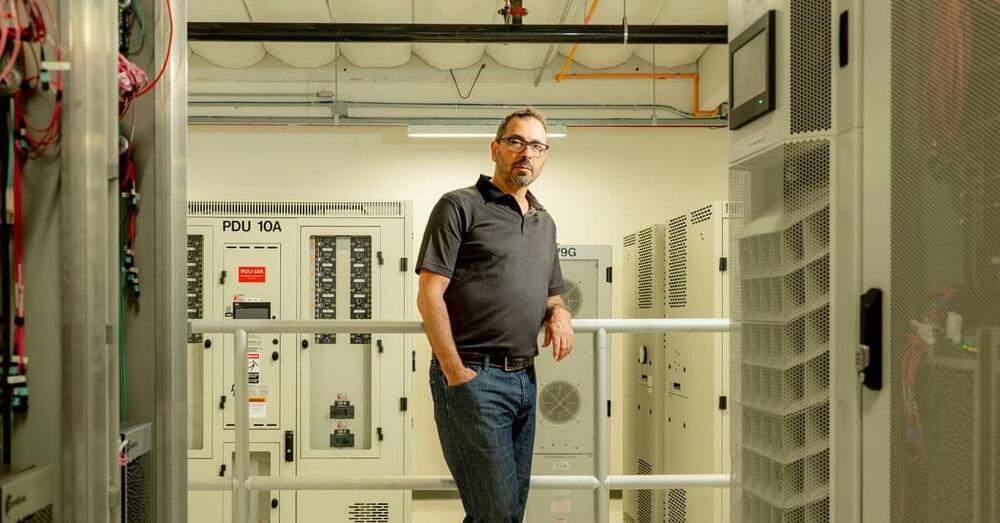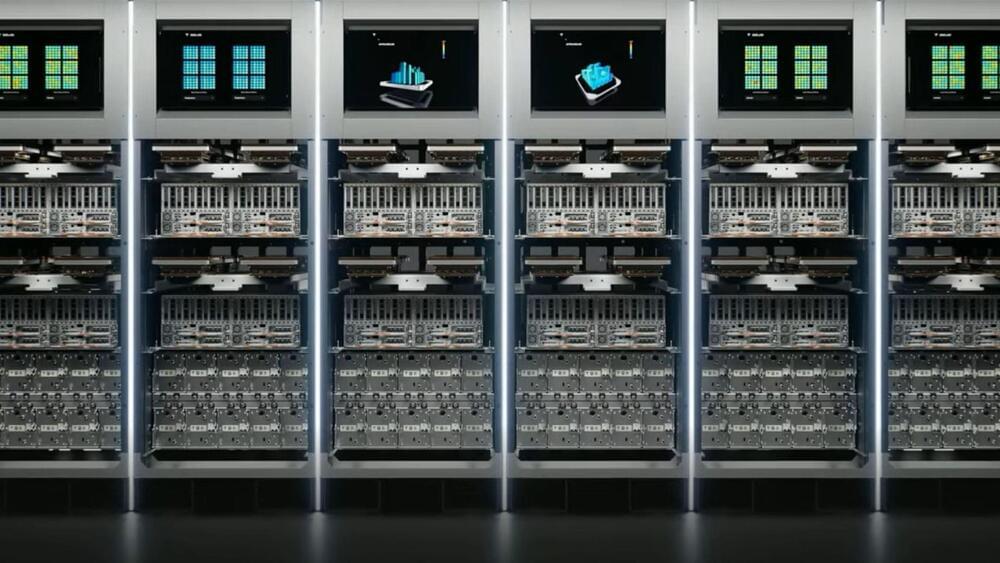Jul 25, 2023
‘Quantum avalanche’ explains how nonconductors turn into conductors
Posted by Dan Breeden in categories: particle physics, quantum physics, supercomputing
Looking only at their subatomic particles, most materials can be placed into one of two categories.
Metals—like copper and iron—have free-flowing electrons that allow them to conduct electricity, while insulators —like glass and rubbe r— keep their electrons tightly bound and therefore do not conduct electricity.
Insulators can turn into metals when hit with an intense electric field, offering tantalizing possibilities for microelectronics and supercomputing, but the physics behind this phenomenon called resistive switching is not well understood.
